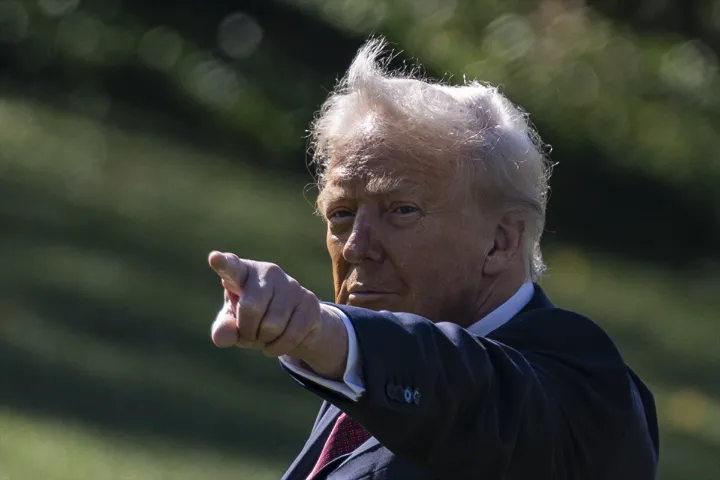Viktor Orbán
The US brings more nuclear bombs to Europe while withdrawing troops from Hungary and Romania

PM Orbán may secure historic multi-billion-dollar loan from the USA before the 2026 elections

Péter Magyar vows to reset Hungarian-Russian relations and introduce euro

PM Orbán talks about successfully averting a real disaster in Washington

Pilots help estimate cost of Orbán’s Wizz Air trip to Washington

Brussels responds to Orbán–Trump energy deal that Washington and Budapest can’t agree on

Severe austerity measures may follow the Hungarian elections, expert warns

Did Orbán get what he went to Washington for? Yes — But he forgot to mention it only lasts one year

Orbán claims victory: Trump grants Hungary full sanctions waiver on Russian oil and gas

Open endorsement at Trump–Orbán meeting: “I will support Orbán, I do not know his opponent”

Orbán’s pro-Russia stance brings the two major US parties together: Democrats and Republicans send joint message to the Hungarian PM

Breaking: Hungary signs historic nuclear agreement with the United States

PM Viktor Orbán’s government could receive billions in EU funds ahead of elections

Historic: Special Wizz Air jet flies PM Orbán to Trump in Washington tomorrow

Zelenskyy: PM Orbán supports Putin; the Hungarian prime minister fires back sharply

The surface shows Péter Magyar soaring, but an emerging trend could deliver victory to PM Orbán in 2026

Are Péter Magyar and the Tisza supporters in serious trouble over the data leak? Could the 2026 election slip away for him?

Hungarian forint keeps strengthening, partly thanks to Orbán’s challenger Magyar: here’s why





 ZH
ZH IT
IT DE
DE HR
HR NL
NL FR
FR JA
JA RO
RO RU
RU ES
ES TR
TR
